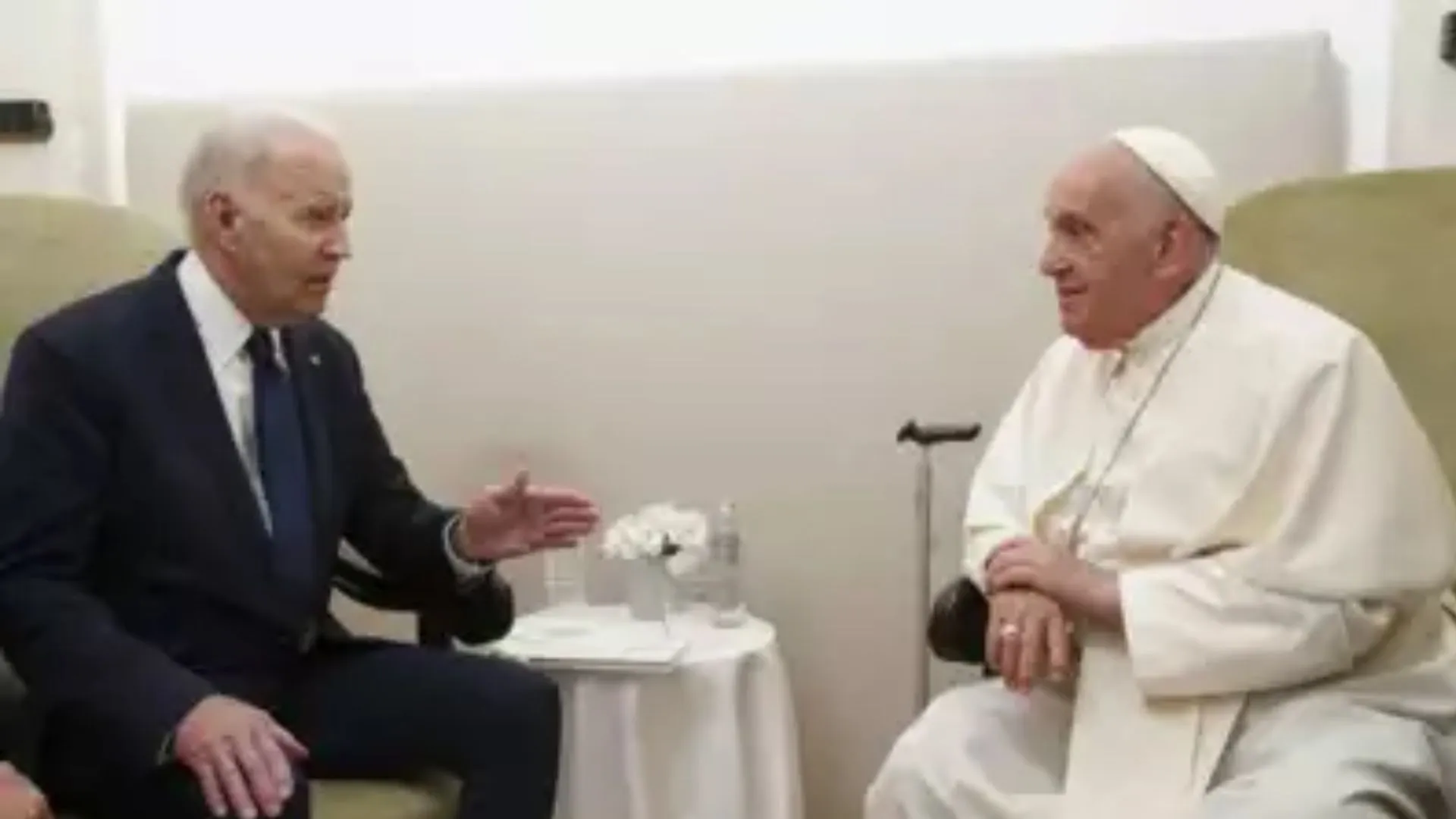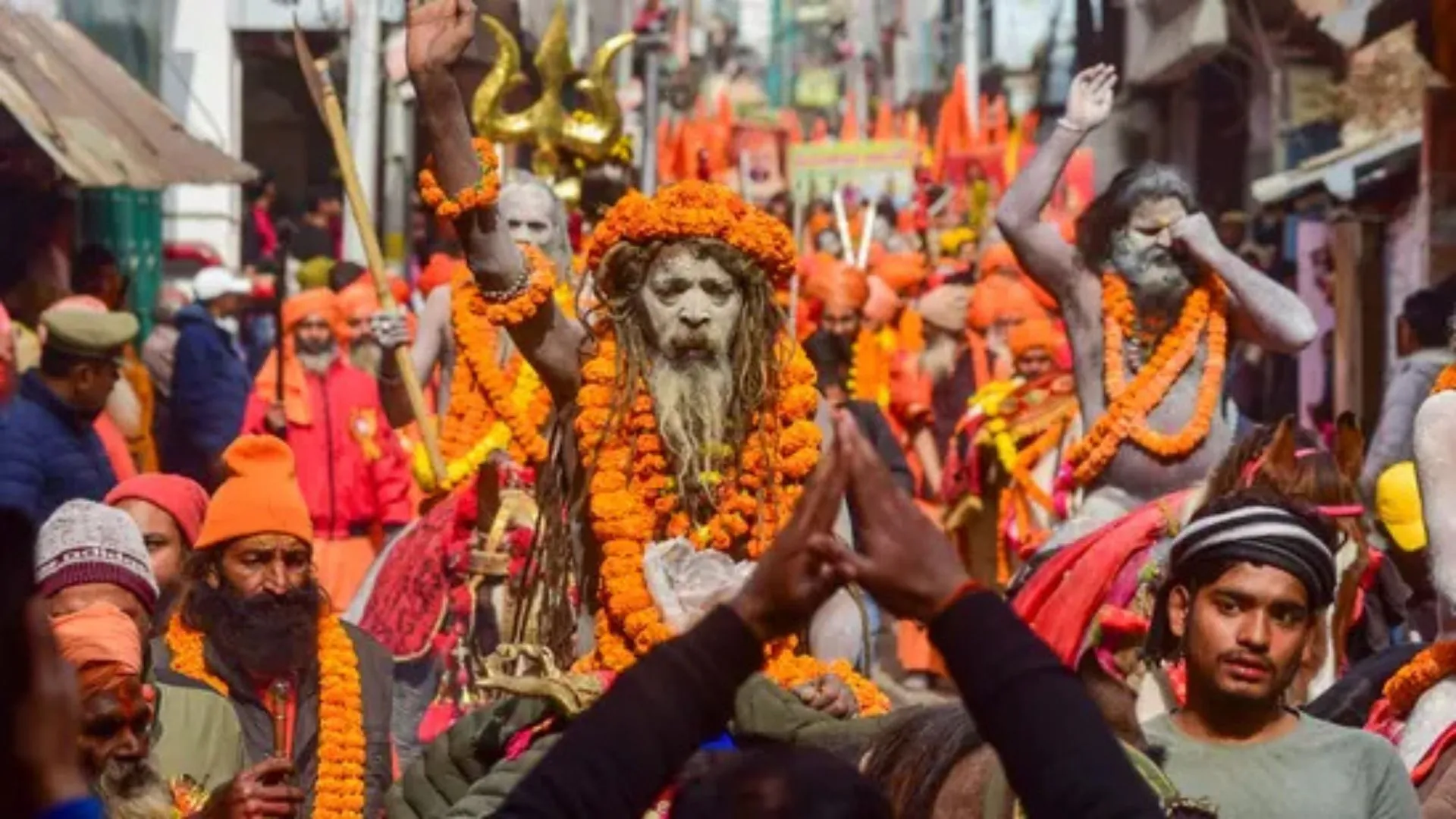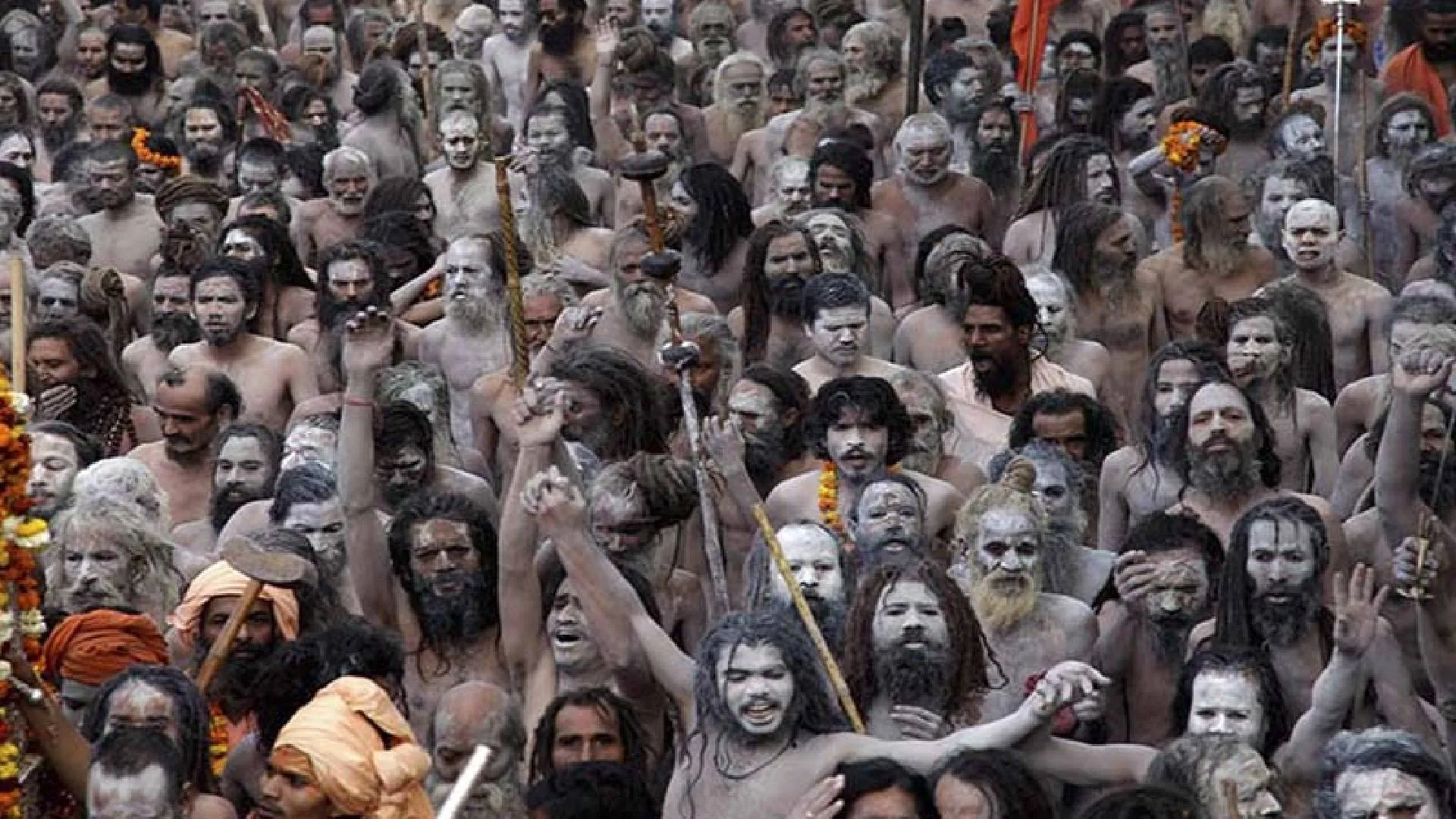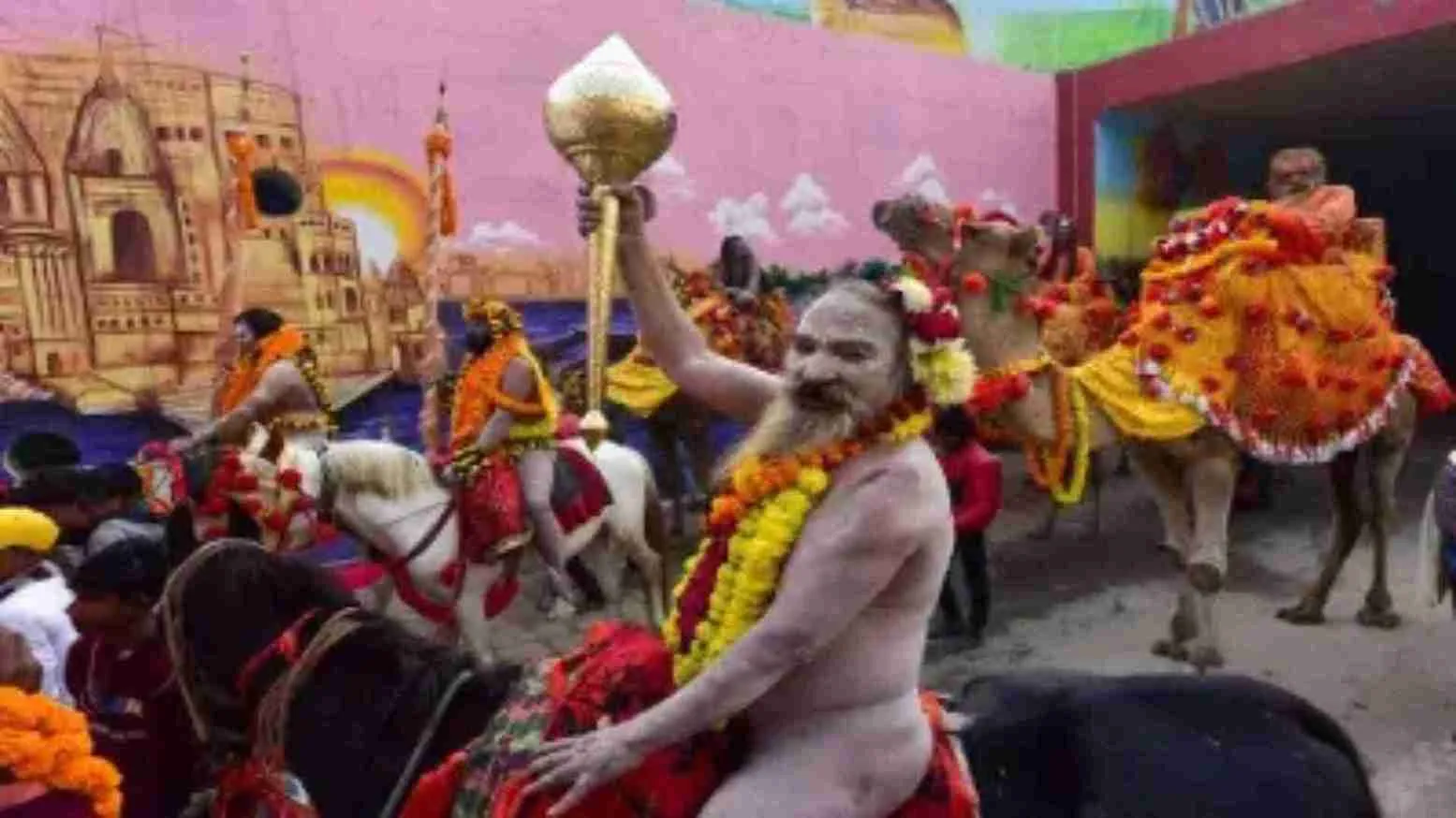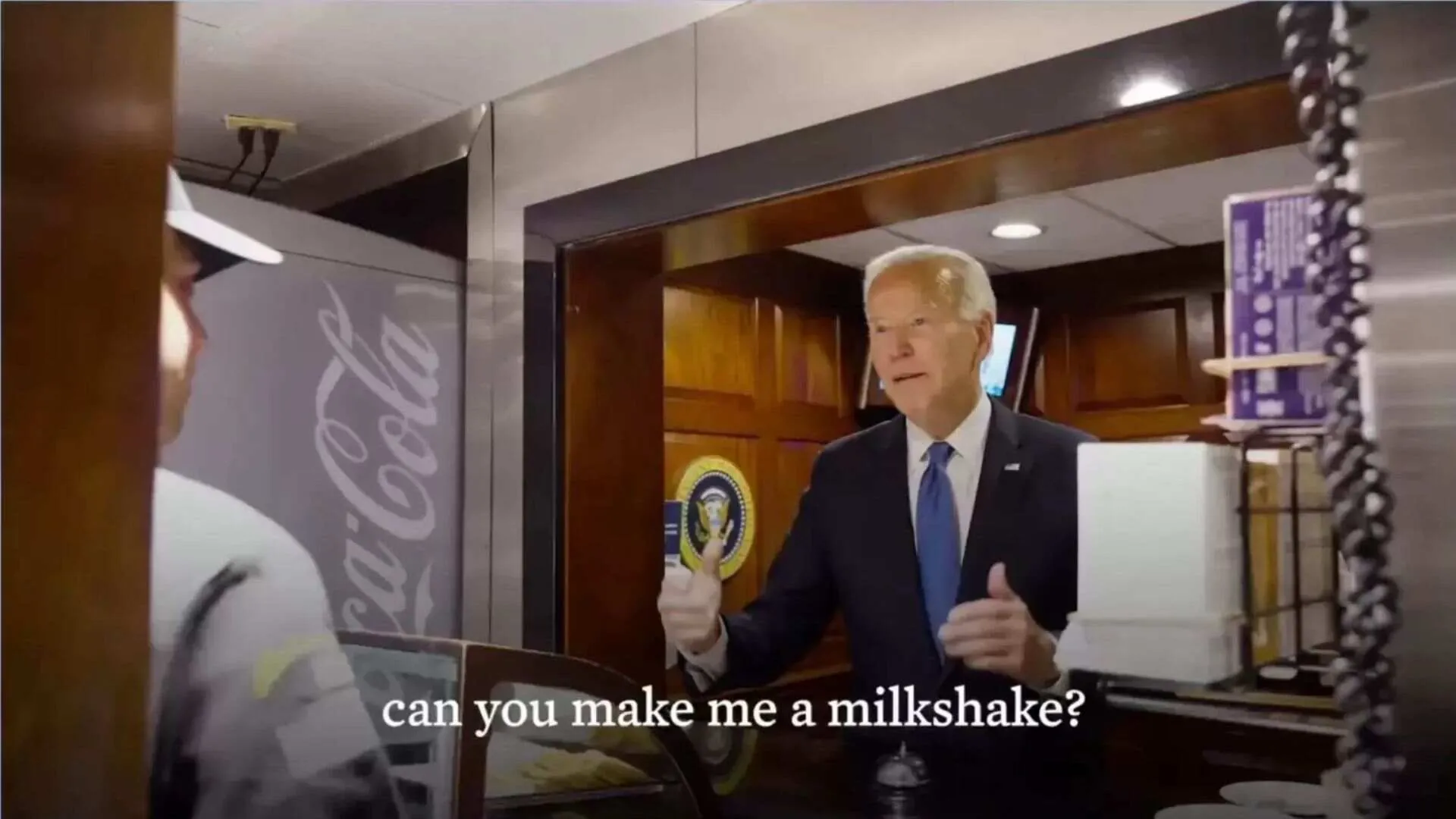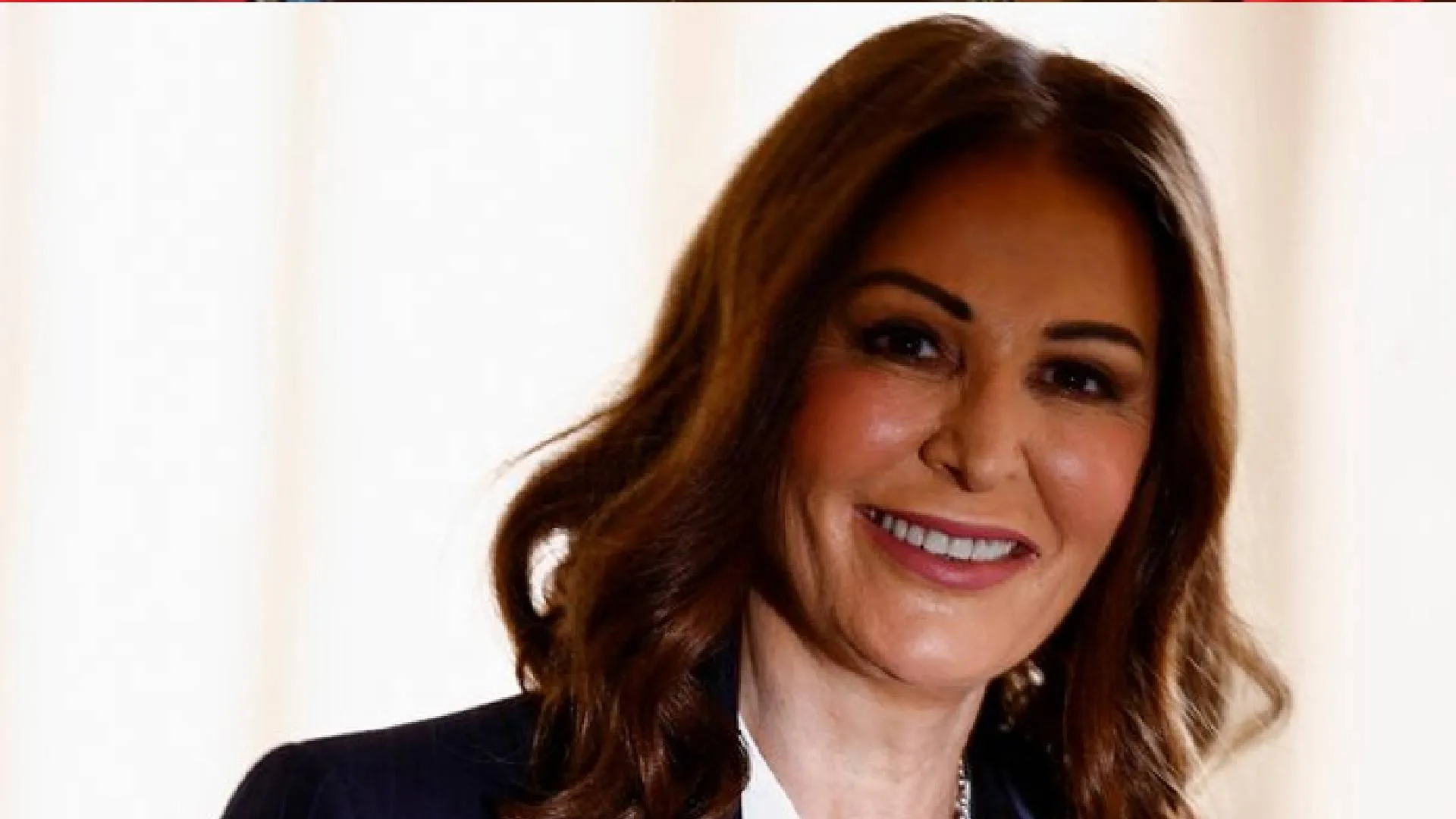Overthinking means obsessing over the details and nuances that have occurred in our interactions with others, and in the situations we find ourselves in. We are usually thinking about the past, even just this morning, or overthinking about what is to happen; all our emails, our ‘to do’ list. Each of us generates 35,000 to 50,000 thoughts a day and most of those are the same thoughts that we had yesterday or even a year ago. Yet each of us is longing for peace. But because we have created these deep grooves or patterns of thinking, these neural pathways, because we have allowed ourselves to just think any old thing, we are now reaping the repercussions of an uncontrolled mind.
In fact, the greatest work any of us can do to bring benefit to the world around us, is to stop this overthinking. We need to create new, powerful pathways and patterns. Because each thought we have has its own energy. The first person to feel the impact of that energy is us. We can all feel the difference of holding a happy thought and holding a jealous, critical thought. The contrast of lightness and joy and the heavy, sluggish feeling of meanness. There is no easy, quick fix. But every step towards creating new grooves of peaceful thought patterns is beneficial to me and everyone around me.
There are three ways in which we overthink. The first is about the self—self-talk. The second is about the behaviour and character of others, and the third is about the situations in our life. When we talk to the self, we need to have self-empowering thoughts that bring inner strength. What usually happens is that because of low self-esteem, we think in an arrogant way and exhibit controlling behaviour, or we obsess over our most vulnerable weak points, and pile on the guilt and criticism. We need to understand that our thinking mind has been programmed by our family, culture, education system, workplace and society in general. We need to step back and see that behind this thinking mind is an inner space of peace that is me. As we learn to do this the mind begins to quieten down.
When we identify with this ‘me’ that is behind the mind, we can feel the intrinsic peace there, and can operate from that place of peace. We can learn to become more aware of the things we are telling ourselves, and make sure it is kind and supportive, the way we would talk to our friends. The starting point is, ‘I am a peaceful being.’
In thinking about others, we can see that we expect everyone to think the way we do, behave the way we believe is the right way to behave. Once we understand that we have our own unhelpful thought patterns, we will be able to accept other people just as they are. It is an act of graciousness. When we feel ‘upset’ by another, the reaction is to blame them for how we are feeling. This is an illusion. It is my own thoughts that are creating the pain. The other is not responsible. It takes great courage to recognise this and stop projecting and take responsibility for each thought I create.
Situations are the same. Some of us can cope with all the big dramatic happenings in life, but trip over the trivia. But the small things have long tentacles reaching back into a long-forgotten past. The most common questions that arise in an uncomfortable, or sudden situation, are ‘what?’ and ‘why?’. We need to work with an acceptance of what is happening and who is involved. Otherwise, we are in overdrive, overthinking, responding from anxiety or irrationality. When we move from, ‘Why is this happening to me?’ to ‘What do I have to learn from this?’ everything shifts—we go from the external to the internal and then we can see how to contribute in a very beautiful way, with deep good wishes. Then we can let it all melt into the past, the place where it belongs.
Taking this inner journey and connecting to the Divine, the Higher Source, God—the One behind all the scenes, who is the source of all power and peace, is the way to change the self, and subsequently, the world.
Margaret Barron has a BA in Adult Education and Training and helps co-ordinate the Education Department at the Brahma Kumaris International centre in London.


